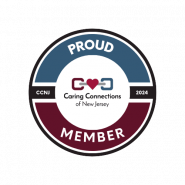Depression is often used to describe how we feel after a bad week or when we’re going through a breakup. However, a major depressive disorder is more complicated than that. There are specific symptoms that help doctors determine whether it’s depression or the sadness we all experience sometimes. Here are some signs of depression to help you determine if it’s time to see a mental health professional.
Hopelessness
Having a hopeless outlook on your life or feelings of helplessness is the most common sign of depression. You might also encounter feelings of worthlessness, self-hate, or guilt.
Loss of interest
Another symptom of depression is loss of interest or withdrawal from activities that you once looked forward to, like hobbies, sex, or seeing your friends.
Fatigue and sleep problems
Lack of energy and feelings of fatigue are common and can be a debilitating symptom of depression. It’s also commonly linked with the opposite, insomnia.
Anxiety
While depression doesn’t directly cause anxiety, the two seem to occur together. Symptoms of anxiety might include restlessness, panic, dread, and rapid breathing and heart rate.
Irritability
You might also show signs of extreme irritability, risky behavior, or misplaced anger. These feelings might also lead you to substance abuse if not cared for properly.
Changes in appetite and weight
Appetite and weight might fluctuate. Some will have increased appetite and weight gain, while others will lose weight due to lack of appetite.
Uncontrollable emotions
Depression can also cause extreme mood swings. One minute you could feel rage and the next you might feel uncontrollable sadness without a prompted reason.
Thoughts of death
Depression is also often connected with thoughts of suicide. If you or someone you know is considering suicide, you can get help from a crisis or suicide prevention hotline. Try the National Suicide Prevention Lifeline at (800) 273-8255.
Getting treatment
If you believe you’re showing some signs mentioned above for more than two weeks, you might be suffering from depression. Understanding the issues is the first step to getting the right treatment. Princeton Medical Institute is here to listen and help you regain control of your life and start getting better. Contact one of our medical professionals today with this form or at (609) 921-6050.



